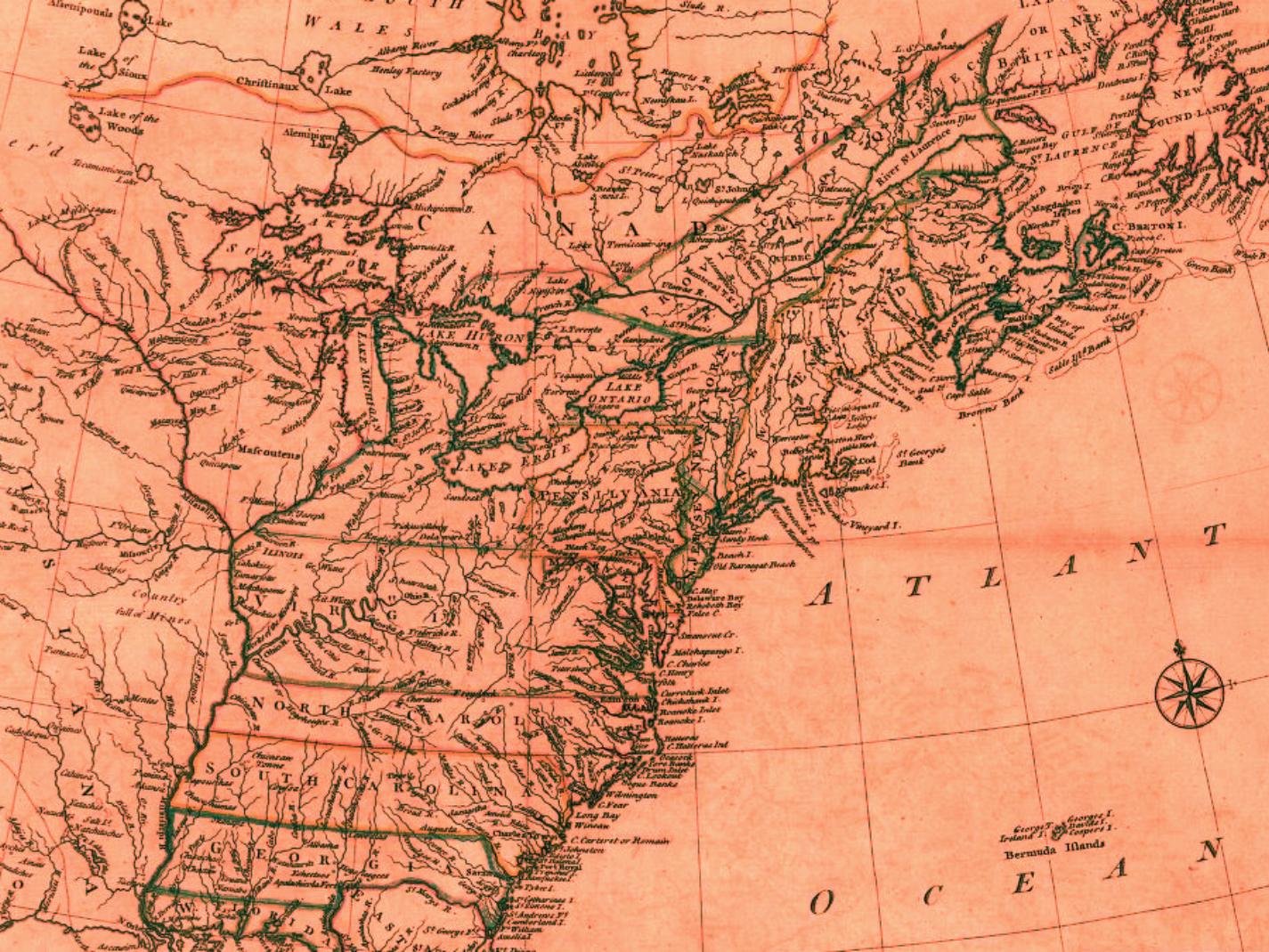
Sometimes, reform offers come too late.
Joseph Galloway, speaker of the Pennsylvania Assembly, came to the First Continental Congress with a clever plan—the Plan of Union—to unite the British North American colonies in their own Parliament, subordinate to Great Britain’s Parliament. The American Parliament would vote on many matters, but Britain would have a veto. The Americans would have all the self-government they wanted—mostly.
Americans might have accepted the Galloway Plan if it had been offered a decade earlier. It was much like Benjamin Franklin’s Albany Plan of Union of 1754. It would have provided the American colonies significant amounts of self-government. It was surely better than the Intolerable Acts.
But it was not full liberty and self-government. Certainly, it was not the offer Scotland had gotten in 1707, when its Parliament merged fully with England’s, and Scotsmen acquired the right to vote —even if as a minority—on English matters. It was more like what Ireland had—a Parliament subject to English veto, therefore free in no essential matters, its economy at the tender mercies of English interests, and—as the 1798 Rebellion would reveal—its rulers propped up in the last analysis by English redcoats. Historians see in the Galloway plan a foreshadowing of the self-governing British Dominions of the nineteenth century and the British Commonwealth of the twentieth century. But Americans in 1774 had no such optimistic parallels by which to interpret the Galloway Plan.
The Galloway Plan was, in any case, a half measure—not sufficient for Americans who already had asserted their natural rights to liberty. But even Patriots who saw something to be gained by such a plan, in the abstract, did not trust the British nor the American Loyalists who proposed the Galloway Plan. They saw it as a means to put off the American head of steam for full independence, to split the Patriot party, and to allow Britain to renege on its commitments at leisure. They had lost faith in the goodwill of the proposers of compromise.
And, already in 1774, the Patriots did want freedom. John Adams and his friends might still be petitioning King and Parliament, but that was to smooth the way for broad-based support for a Declaration of Independence. So they engaged in clever maneuvers. The Galloway Plan was far too popular, and the Southerners, in particular, were split. So Adams and friends approached the South Carolinian Henry Middleton, and on October 22, 1774, he was elected the second President of the Continental Congress. The same day, Congress rejected the Galloway Plan, with a narrow vote of six colonies to five.
Americans avoided the route to compromise—which often is a virtue, but also can be the straight road to defeat.
Fair-spoken compromises today also can be lures to gull the unwary. Supreme Court reform, say—there indeed is a case to be made to replace the nine justices’ lifetime tenure with staggered 18-year terms, but what if the plan would just so happen to remove the most conservative justices from the Supreme Court first? Or what if recognizing the validity of a dubious election would give would-be ballot thieves the green light to steal elections in perpetuity? Moderation and compromise are wonderful things—except when they are not.
Even the temperamentally conservative John Adams knew that truth. On October 22, 1774, as he secured the tabling of the Galloway Plan of Union, Adams made sure the American Revolution was not compromised away before it could begin.
Art by Beck & Stone
“…did not trust the British nor the American Loyalists who proposed the Galloway Plan.
It’s more than that — there was a genuine civil war brewing between the Patriots and the Loyalists — and it would have been fought even if the British hadn’t been involved.
Like in Ireland, it was a conflict of religion (Anglican v. Puritan) and class. Much like with Socrates, it was an established economic order versus a new one, with the old order attempting to hold onto power as the sand shifted under their feet.